The Centre's proposal includes a five per cent custom duty on imported books, and it's drawing a mixed response from the literary world. Here's why
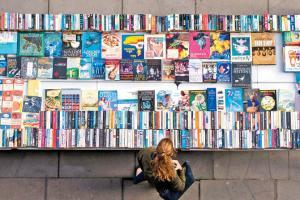
Apart from carrying the budget papers in the traditional bahi khaata, Finance Minister Nirmala Sitharaman made a series of statements that caused a stir. Among those, was the imposition of a 5 per cent customs duty on imported books. The move was aimed at promoting the domestic publishing and printing industry. But does that necessarily mean it will? That's a conundrum large sections of India's literary landscape seems to be staring at.
ADVERTISEMENT

Neeraj Jain
Costly knowledge
The government has provided a complete exemption for printed books under public interest, even though there is a 10 per cent customs duty according to the Customs Tariff Act of 1975. But there's a 12 per cent reverse GST on royalties paid to authors and payments made to designers, artists, and copy editors.
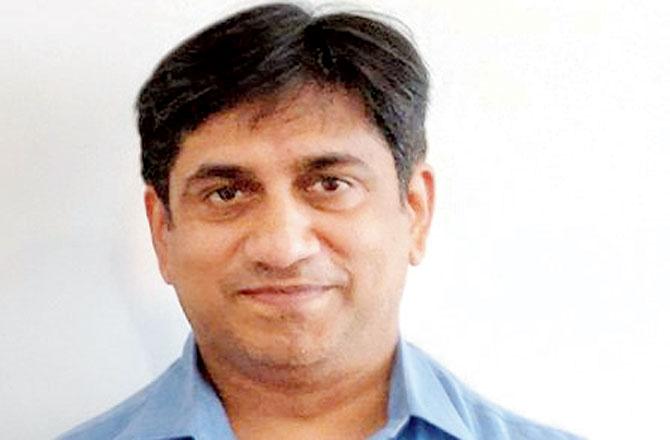
Rahul Srivastava
Priya Kapoor, director of Roli Books, questions that if books per se are exempt from GST, then why are two of the biggest costs to publishers — printing and royalties — taxed. She adds, "Paper prices are soaring, the government should subsidise paper; help Indian publishers by supporting their participation in book fairs, events and conferences around the world; set up and encourage translation subsidies from foreign languages into Indian languages — this way the best of world literature is made available to Indian readers."
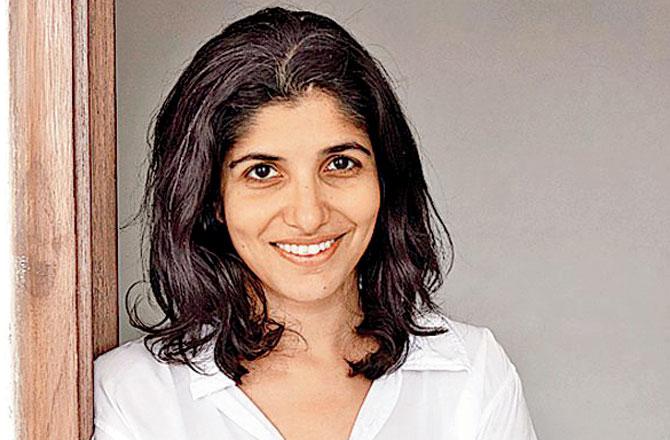
Chiki Sarkar
Sanjiv Gupta, COO, Penguin Random House India, concurs. "This industry is price-sensitive... and multiple factors affect pricing such as increasing taxes, prices of processes and the cost of production." While it's a decision that affects bigger players, others like American publishing house Simon and Schuster (S&S) who began local publishing in India in 2017, will also face the music. S&S India has 6,500 titles and deal with 700 to 800 imported ones annually. "We will have to increase the price of the books. I do not think it will promote local publishing because... if someone wants to read 7 Habits of Highly Effective People [Stephen Covey] or The Secret [Rhonda Byrne], there is no substitute for these seminal books," says Rahul Srivastava, MD, S&S India, a sentiment that Gupta reiterates when he says that it will hugely impact customers who will get affected by such hikes, and thus, influence readership.
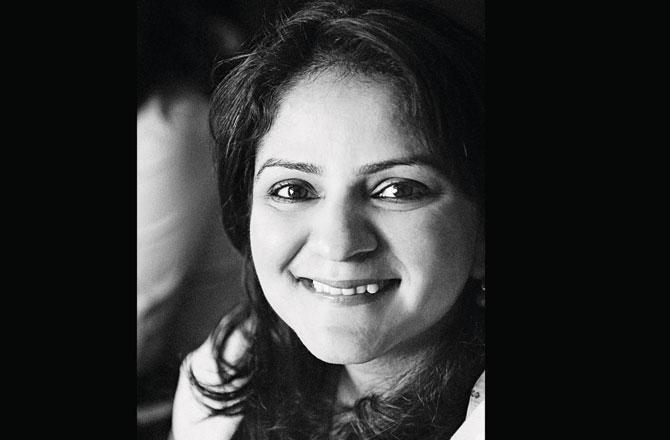 Priya Kapoor
Priya Kapoor
At the other end of the chain, bookstore owners like Jagath Tekkate, COO of Kitab Khana echo Srivastava's concerns about why an international list is important for the reader. "Books from outside India often cover topics that are international and not written in India — so there is no competition. Most international publishing houses are based in India and they commission and publish Indian authors, as well as reprint books here for the Indian market." And the move is not in tandem with recent policies either.
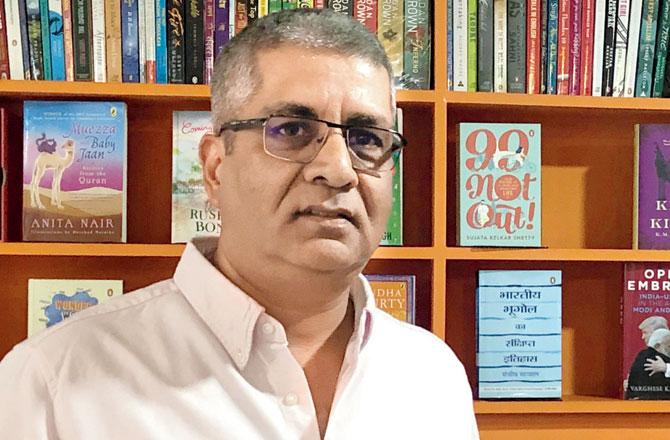
Sanjiv Gupta
Neeraj Jain, MD, Scholastic India believes that it contradicts an earlier decision on education policy. "Given that education is one of the top priorities for the government as highlighted through the new education policy, the five per cent duty would be detrimental in terms of the availability of global content at affordable prices," he reminded. At the bottom of the pyramid, are second-hand booksellers like city-based Vivek Pandey, who stocks imported books from warehouses in Kerala and Chennai. "We've already lost due to the online market. I expect our prices to go up by 8 to 10 per cent and all such sellers in India will be affected," he states.
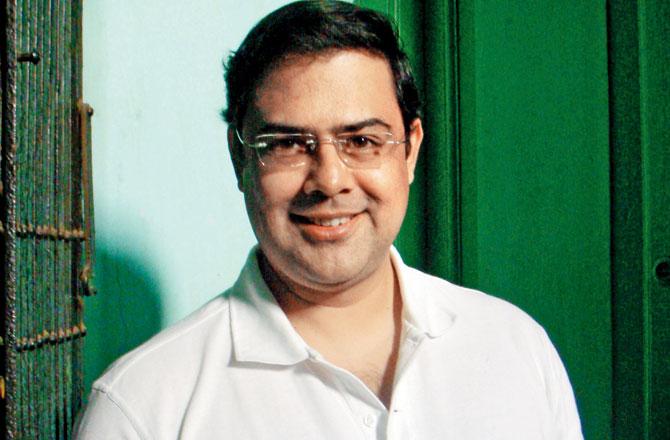
Ashok Banker
Reverse plot
"Five per cent is a low number. It actually won't especially impact anyone and thus it won't affect local Indian publishing. Nor am I sure that making international books more high-priced will mean rise in sales of Indian publishing as every book is different," says publisher Chiki Sarkar of Juggernaut Books, adding, "For example, if Dan Brown becomes more expensive, it's not as if readers will then buy more of an Indian thriller."
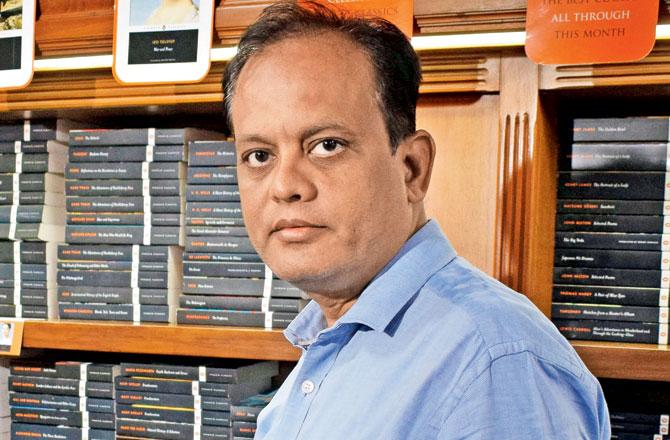
Jagath Tekkate
Meanwhile, best-selling author Ashok Banker feels that 5 percent is not enough. "The fact is, US publishers dump entire container loads of heavily discounted books in our markets while barring Indian and other foreign publishers from selling our books in America," he says. Banker also states that this amounts to an American imperialist cultural invasion. "US-funded publishers, studios, trusts and other institutions dominate cultural funding here and can easily publish local editions if there's a genuine demand... We need to have the same regulations in place to encourage indigenous book publishing and cultural discourse. We need another Quit India Movement directed at the US."
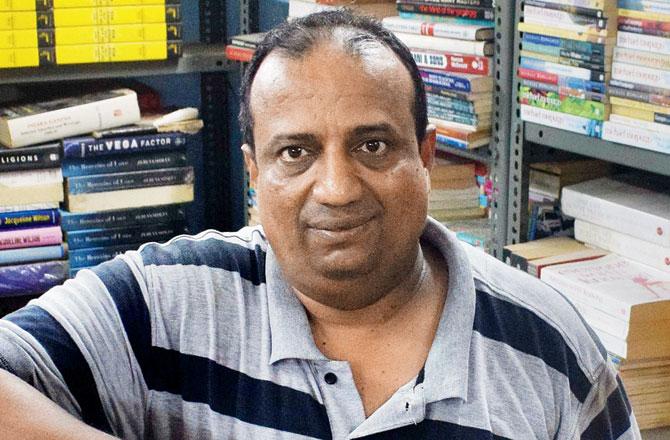
Vivek Pandey
Time will tell if the government will blink on this move or stay put. But the need of the hour is to focus on the larger picture, something that Kapoor sums up nicely, "They should nurture an ecosystem for reading, writing and publishing to thrive — be it is through establishing and running good libraries, supporting local bookshops or providing generous library grants."
In the books
- A reverse GST is when the receiver pays tax instead of the supplier. A 12 percent charge is currently in place for royalties paid to authors by publishers.
- Although a custom duty has been imposed on imported books, the GST on uncoated and lightweight paper has been reduced to 10 percent from 12 percent.
Catch up on all the latest Mumbai news, crime news, current affairs, and also a complete guide on Mumbai from food to things to do and events across the city here. Also download the new mid-day Android and iOS apps to get latest updates
 Subscribe today by clicking the link and stay updated with the latest news!" Click here!
Subscribe today by clicking the link and stay updated with the latest news!" Click here!






